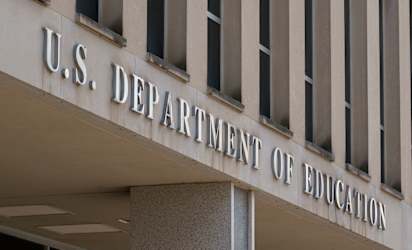Pell Grant Faces a $5.5B Shortfall. What Does That Mean for Students?
Current Pell Grant awards are safe, but an increasing funding deficit could bring eligibility changes for students as soon as next year.


Recent News
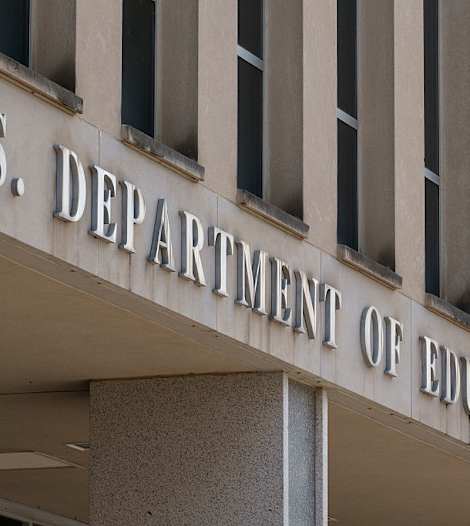
Trump Admin Moves to Cap Graduate Loans by Narrowing ‘Professional Degree’ Definitions. Here’s What That Means for Students
The Education Department plans to narrow the “professional degree” definition under Trump’s loan reform, limiting aid for nursing, physician assistant, and social work grad students.

Looking for a High-Demand Degree? These Fields Need the Most College-Educated Workers
A Georgetown University report found seven college-level professions projected to have skills shortages through 2032, and underrepresented student groups might have the opportunity to fill them.
Whats going on In News
All News
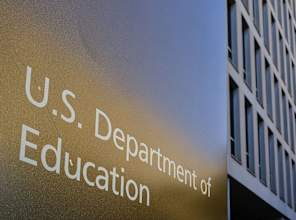
Trump Admin Ends $350M in Grants to Minority-Serving Institutions
The Department of Education called the grant programs “discriminatory” and “unconstitutional.”

WGU’s New Tool Helps Nearly 600K Students, Alumni Track Career Progress
The WGU Achievement Wallet lets students log their verifiable and self-reported skills, generates resumes, and matches students with real jobs.
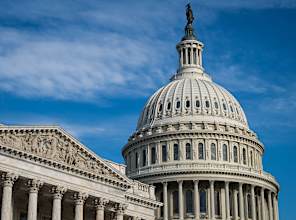
Max Pell Grant Likely to Stay the Same for a 4th Year. College Students May Pay the Price
House and Senate proposals to keep the maximum Pell Grant award the same could decrease the grant’s purchasing power.

Data Shows Community College Students Face Transfer Barriers
New data from the National Student Clearinghouse Research Center shows continued challenges for community college students who transfer to four-year schools.

University of Phoenix Plans To Go Public
According to documents submitted for its initial public offering filing, the university will prioritize its students over short-term investor interest.

Meet the 2025 BestColleges STEM Pathways Scholarship Winners
BestColleges awarded the winners $6,000 each to help fund their STEM education.
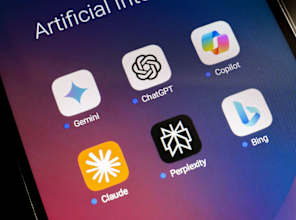
Business Education Trends to Watch in the 2025-2026 School Year
AI and flexible degrees are gaining momentum as schools grapple with a rapidly changing business environment.

Education Department Cuts Cause Financial Aid Confusion for Students
A new NASFAA survey shows Education Department downsizing is disrupting communication with students seeking information on FAFSA and federal financial aid.

ASU Discounts Online Tuition for California Community College Students
Qualifying California community college students can get a 22% discount on an online bachelor’s degree from Arizona State University.

AI Adoption Growing in Online College Programs
A new survey shows online college programs are rapidly adopting AI, with most using it to enhance teaching and efficiency.
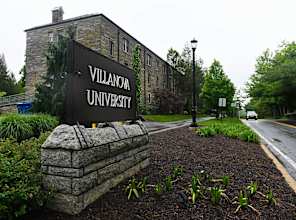
Inside a New AI-Focused Online Business Analytics Program
Villanova’s new online MS in business analytics program puts AI at the core of every course — part of a national shift in business education toward AI fluency.

The U.S. Is Facing a Credentials Shortage: Report
There’s a national shortage of credentials and associate degrees that help workers get higher-paying jobs, a Georgetown study found.






